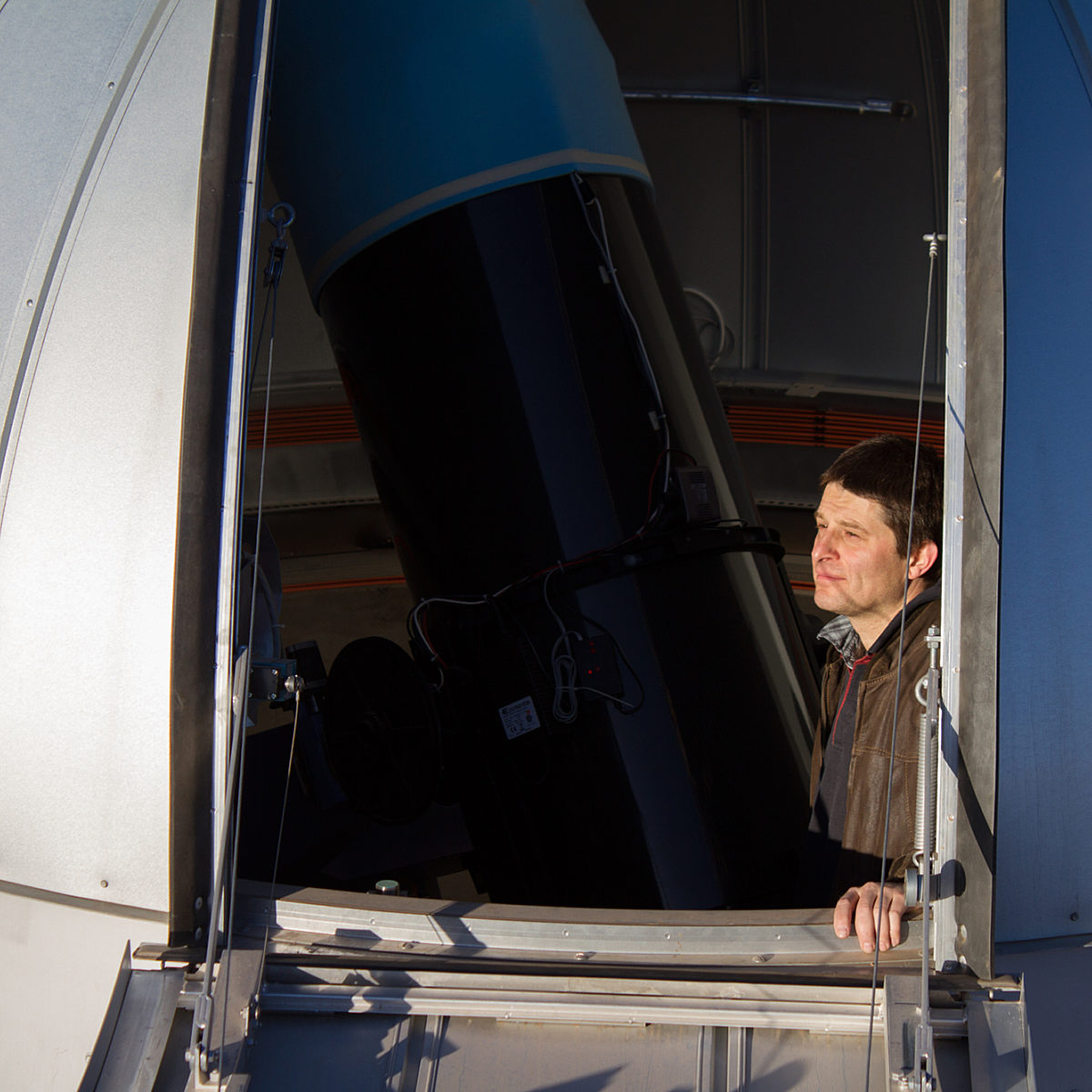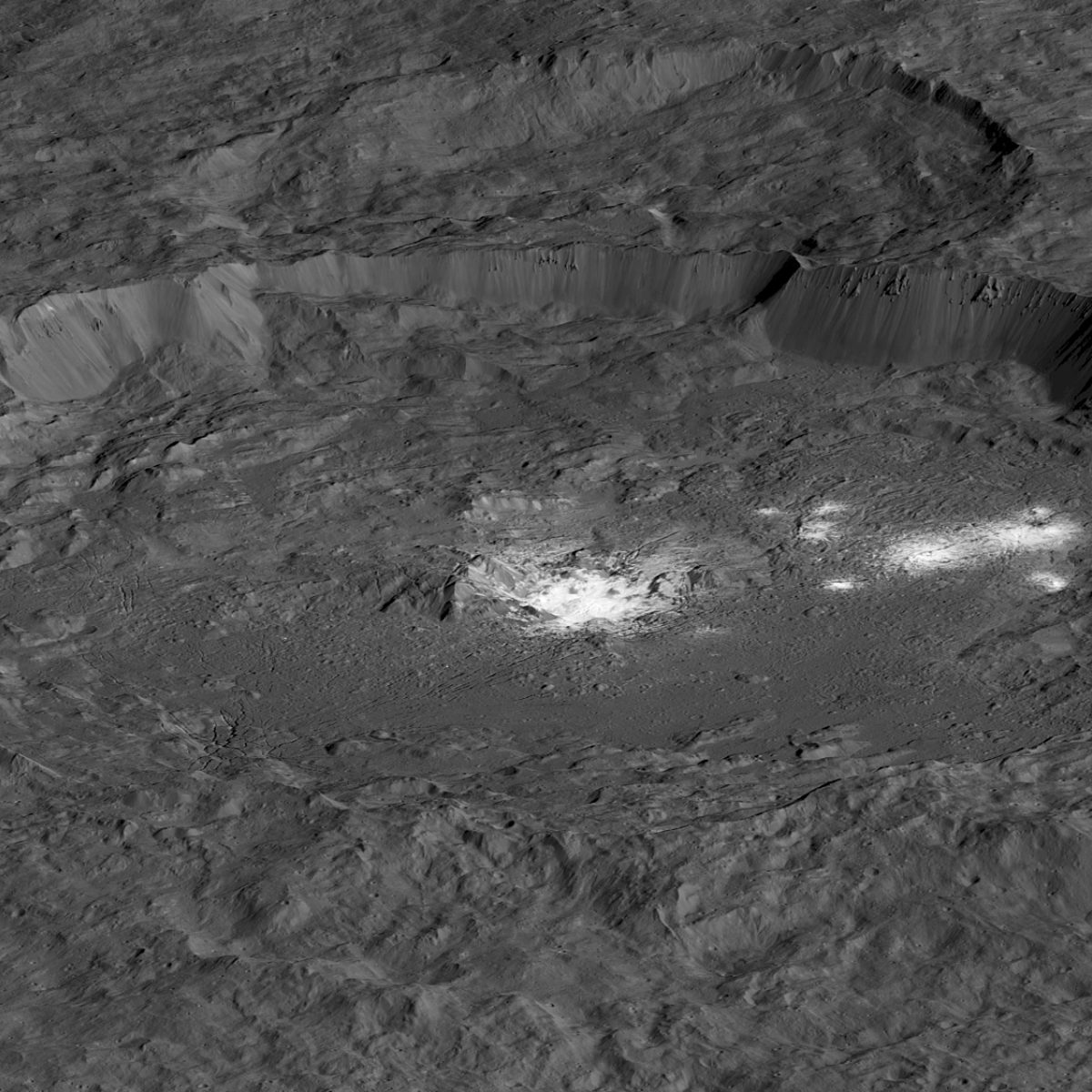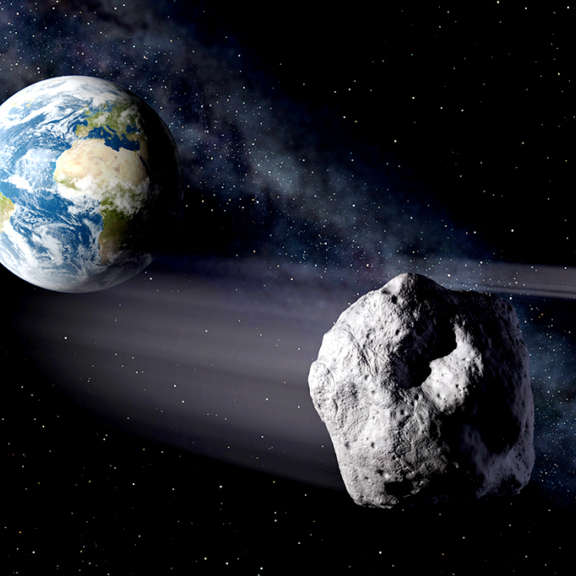Since 2002, Planetary Radio has visited with a scientist, engineer, project manager, advocate, or writer who provides a unique perspective on the quest for knowledge about our Solar System and beyond. The full show archive is available for free.
Search Planetary Radio
They may be the most important questions in all of science: Where do we come from? Are we alone? Researchers Ralph Pudritz and Maikel Rheinstadter are working on these puzzles with their new Planetary Simulator, possibly edging toward the natural creation of self-replicating molecules.
The Kepler mission has ended. Listen to highlights of the October 30th media briefing that included the father of the fantastically successful planet finder, William Borucki. Then catch the thoughts of Planetary Society editors and commentators Jason Davis and Emily Lakdawalla.
LightSail 2 is not the only solar sail in the universe. NASA’s Marshall Space Flight Center and the Jet Propulsion Lab are preparing to send NEA Scout on a long, light-propelled journey to a near Earth asteroid.
Our most frequent guest returns with exciting, just-published research enabled by the 20-year mission’s enormous success. Linda Spilker has served as Cassini Project Scientist for 8 years, and was Deputy Project Scientist for the previous 13. You’ll also get the chance to win Bruce Betts’ great new intro to astronomy book in this week’s space trivia contest.
Happy Astronomy Day, October 13, 2018! We salute humankind’s long history of stargazing by checking in on what will be our planet’s largest telescope. Patrick McCarthy is an astronomer and a leader of the Giant Magellan Telescope project. He returns with a report on the instrument’s status, followed by a fascinating tour of the GMT facility.
The Dean of space policy, John Logsdon, returns with stories and a new book of original documents that shaped the US space program from the birth of NASA to SpaceX. Planetary Society CEO Bill Nye reports in from this year’s International Astronautical Congress in German, while Senior Editor Emily Lakdawalla wraps up a working tour of New Zealand. Then join Bruce and Mat for this week’s What’s Up.
A mostly SpaceX episode as the ambitious company provides updated details regarding its huge new rocket and introduces its first astronauts. Mat Kaplan shares more from the company’s headquarters, while Planetary Society Digital Editor explains and explores the BFR.
Elsa Montagnon is Spacecraft Operations Manager for the European/Japanese mission leaving for our solar system’s innermost planet very soon. She joins us to talk about the long journey ahead.
The dust is settling on the Red Planet. Is the remaining Mars Exploration Rover about to rise and shine after three months of slumber? MER Project Manager John Callas returns with a realistic yet hopeful assessment.
Mat Kaplan’s Huntsville, Alabama trip wraps up with a tour of the historic and history-making Marshall Space Flight Center. Join him at the control center for research underway on the International Space Station, under a tent where a critical component of the Space Launch System rocket is getting finishing touches, in a conversation about the Fermi spacecraft’s search for the universe’s biggest explosions, and with the Center’s Associate Director for Technical efforts.
Host Mat Kaplan begins a two-episode visit to Huntsville and the Marshall Space Flight Center, recorded this week at the US Space and Rocket Center with astronaut Don Thomas, 94-year-old Apollo engineer Alex McCool, and Alabama Senator Doug Jones.
Pluto passed in front of a star on the evening of August 14. Mat Kaplan joined pro and amateur astronomers on a mountain to observe this rare event. It may reveal more about the dwarf planet’s tenuous atmosphere and other properties.
We have so much to learn about Venus, says JPL scientist Sue Smrekar. What we learn will help us understand our own world and Mars.
It has been 20 years since we learned the expansion of the universe is accelerating due to the mysterious force called dark energy. Saul Perlmutter shared the Nobel Prize in Physics because of his contributions.
Our world was rocked by last week’s announcement of good radar evidence for a liquid water “lake” under the Red Planet’s south pole. Senior Editor Emily Lakdawalla introduces us to the story that is then taken up by two of host Mat Kaplan’s favorite Martians. The Goddard Space Flight Center’s James Garvin headed NASA’s Mars exploration program, while NASA Ames astrobiologist Chris McKay co-founded the Mars Underground more than 35 years ago.
Japan’s Hayabusa2 is just 6 kilometers from asteroid Ryugu as it prepares to snatch samples of the space rock for return to Earth. ISAS/JAXA Director General and former Hayabusa Mission Project Manager Hitoshi Kuninaka joins us for a conversation about the spacecraft and what’s ahead.
One of the Planetary Society’s 2018 Shoemaker Near-Earth Object grants has gone to astronomers searching the sky from a mountaintop in the North African nation of Morocco.
Sextants have helped sailors find their way across oceans for centuries. Now one is onboard the International Space Station so that astronauts can learn to find their way across the solar system even if other technologies fail.
Ceres is the queen of the asteroid belt. Her first Earthly visitor is nearing its last days in spectacular style. Dawn Mission Director and Chief Engineer Marc Rayman returns with stunning images taken from just 35 kilometers or 22 miles above the dwarf planet, and a preview of the spacecraft’s last days.
The dinosaurs regret their lack of a space program. 200 million years later, humans are gearing up to defend themselves from a species-ending rock.


 Explore Worlds
Explore Worlds Find Life
Find Life Defend Earth
Defend Earth





















